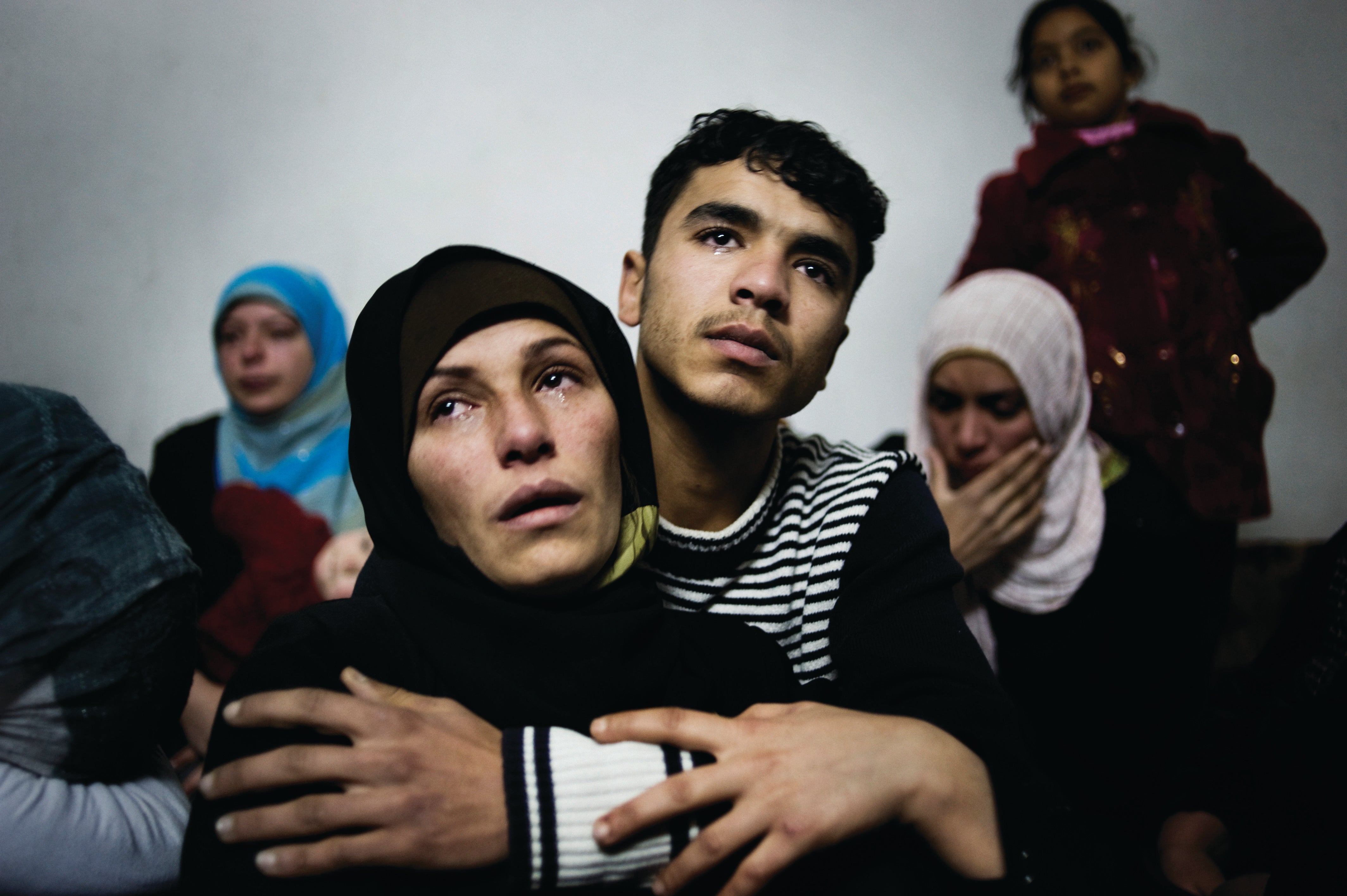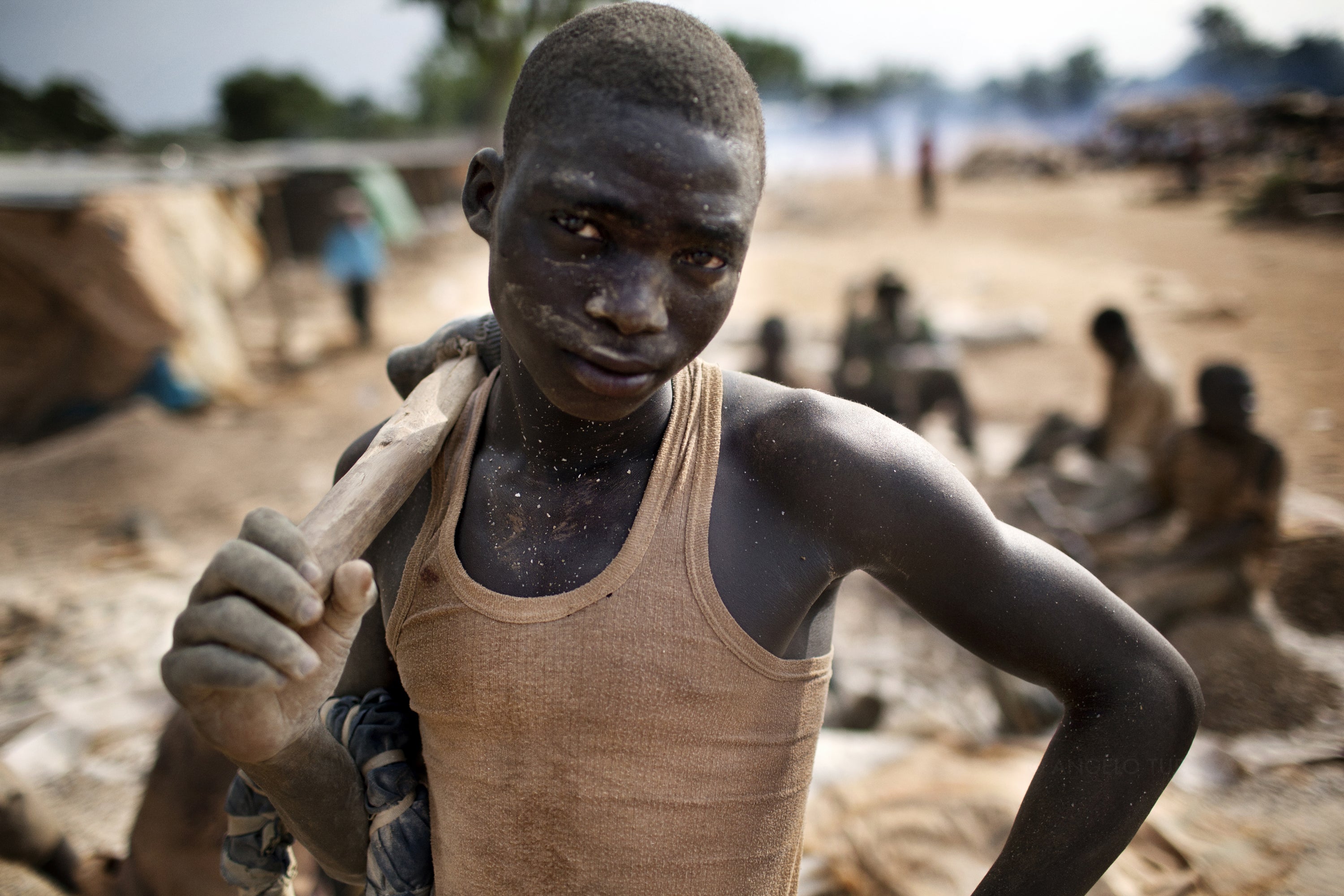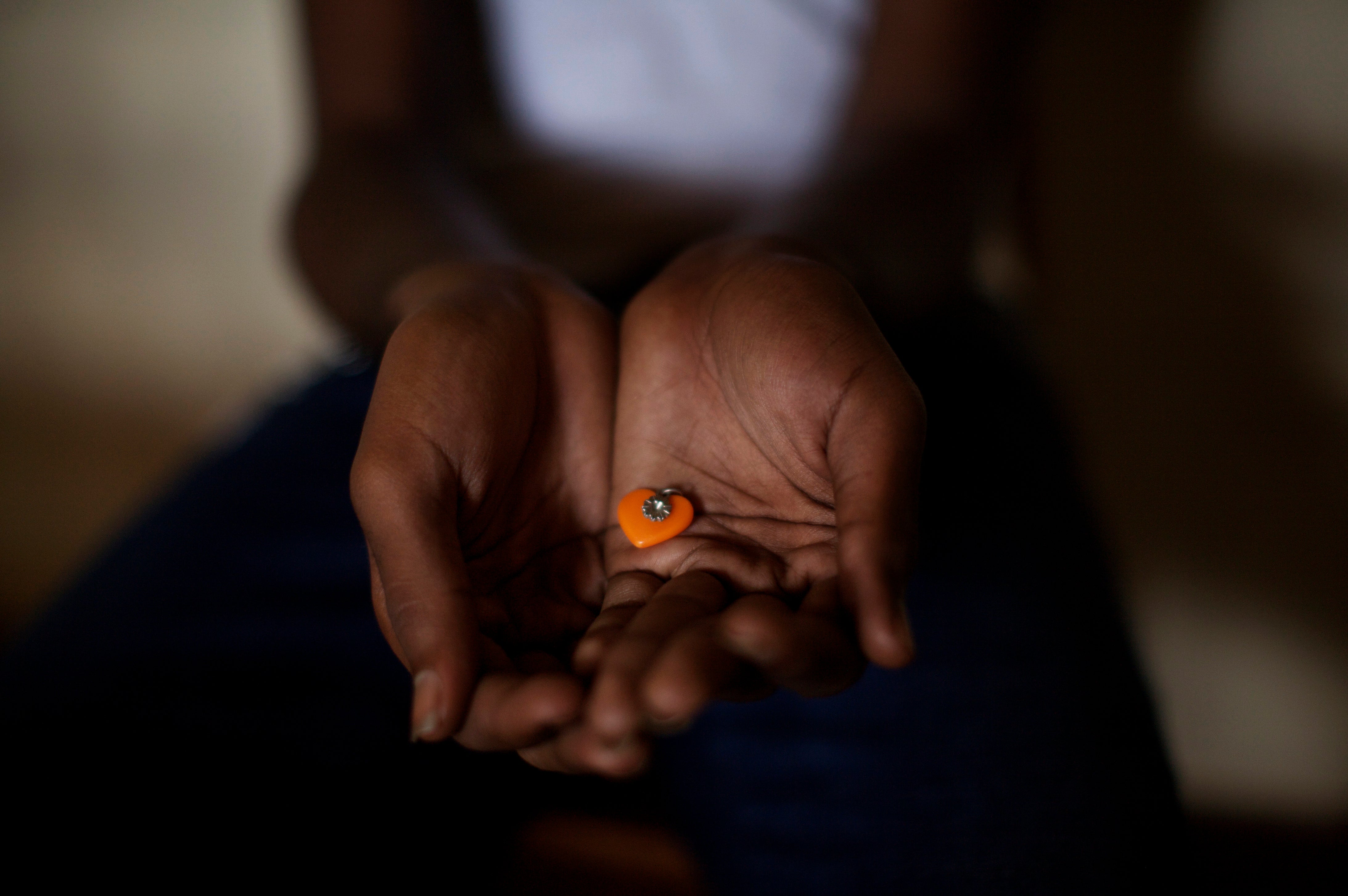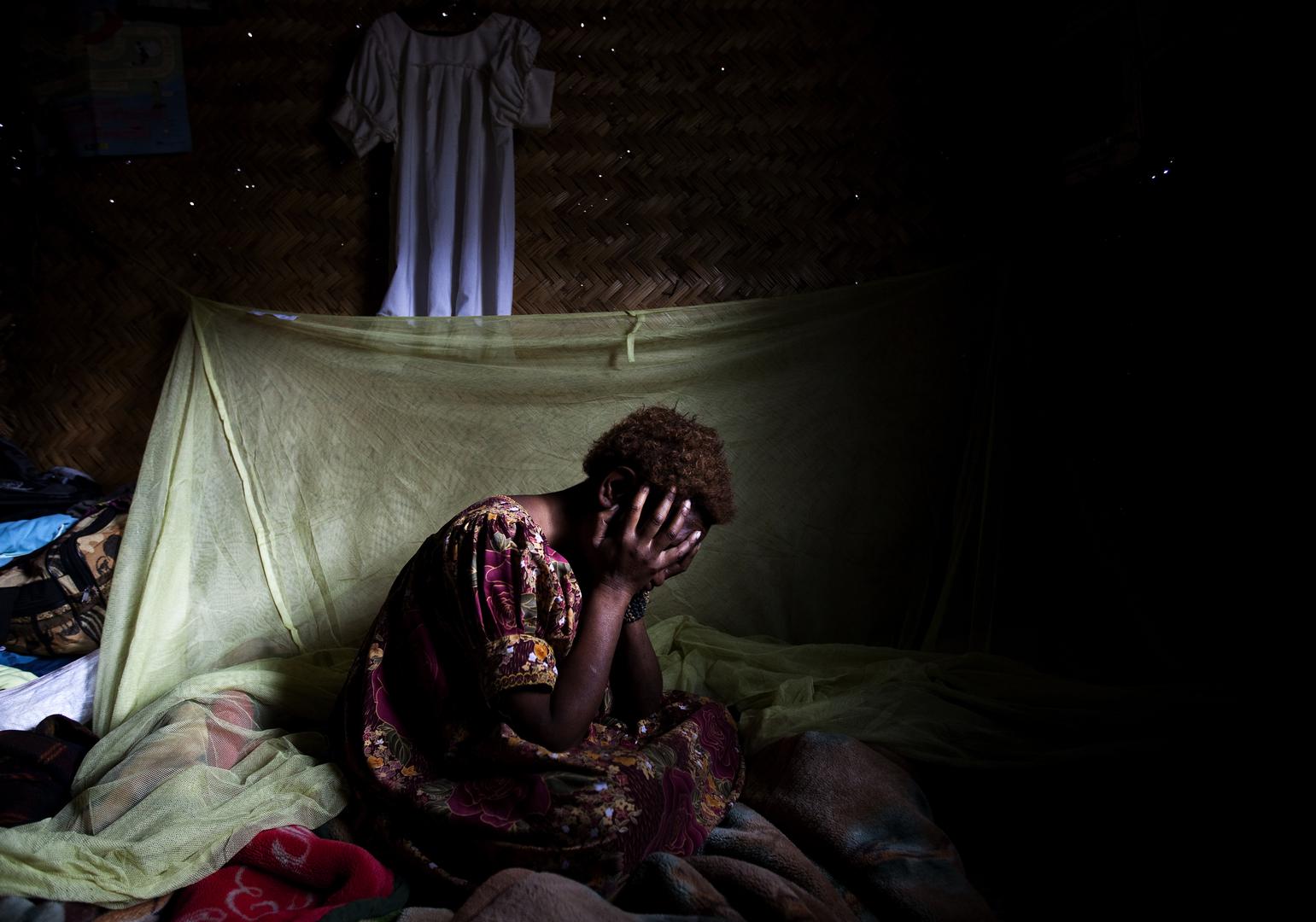Azerbaijan hosted the 2012 Eurovision Song Contest, casting an international spotlight on the government’s deteriorating human rights record. The atmosphere for political activists and independent and pro-opposition journalists grew acutely hostile. Authorities used imprisonment as a tool for political retribution and forcibly dispersed a number of peaceful demonstrations, indiscriminately arresting activists and passersby. Restrictions on freedom of religion and the prosecution of unregistered religious groups continued. The government intensified its urban renewal campaign in the capital Baku, forcibly evicting thousands of families and illegally demolishing homes.
Foreign actors failed to fully realize the potential of their relationships with the government to press it to honor its human rights obligations.
Freedom of Media
In June, the Supreme Court released Bakhtiyar Hajiyev, a social media activist who had been serving a two-year prison sentence for allegedly avoiding mandatory military service. But Azerbaijani journalists continue to face prosecution on bogus charges, harassment, intimidation, and physical attacks.Defamation remained criminalized.
In November 2011, a court sentenced Aydin Janiyev, a Khural newspaper correspondent, to three years in prison on hooliganism charges, apparently in retaliation for his articles criticizing the authorities. Avaz Zeynalli, Khural’s editor, in custody since his October 2011 arrest, was at this writing on trial on dubious extortion charges brought by a member of parliament from the ruling party. Khrural, which regularly published allegations of government corruption,closed in October 2011, when a court ordered that bailiffs seize its property to pay fines imposed in three defamation cases.
In March 2012, police arrested the executive director and editor-in-chief of KhayalTV, a local station, who remained in custody at this writing pending trial on charges of organizing social unrest and abuse of authority. The charges are linked to a video posted on YouTube showing the governor of the northern city of Guba insulting local residents in a speech, which many believe was the catalyst for the March 1 mass protests in the city.
In June, a court convicted Anar Bayramli, a journalist for the Iranian satellite television station Sahar TV, on trumped-up charges of illegal drug possession. In July, the Appeals Court halved his two-year prison sentence.
Hilal Mammadov, the editor-in-chief of Tolishi Sado newspaper who was arrested in June on bogus drug possession charges, remained in custody pending trial. In June, police also detained Mehman Huseynov, a blogger and photographer at the Institute for Reporters’ Freedoms and Safety, a local media monitoring organization, and released him pending investigation on trumped-up charges of hooliganism.
In August, a court sentenced Faramaz Novruzoglu, a freelance journalist, to four-and-a-half years in jail on bogus charges of illegal border crossing and inciting mass disorder, stemming from spring 2011 Facebook postings, written using a pseudonym, calling for riots. Novruzoglu has denied the allegations and claims they are retribution for his investigations into business ties of high-level officials.
In April, police and private security personnel beat unconscious Idrak Abbasov, a journalist who was filming forced evictions and house demolitions. A police investigation was pending at this writing.
In March, unknown persons attempted to blackmail Khadija Ismailova, a Radio Liberty journalist, in retaliation for her investigation into the business holdings of the president’s family and close associates.
In November 2011, Rafig Tagi, a journalist with Sanet weekly, was stabbed on the street near his apartment, and died of the wounds. No one had been charged for the attack at this writing.
In September 2012, the opposition daily Azadlig faced eviction threats from its premises at the state publishing house for failing to pay its outstanding debts, while at the same time a court fined the paper 3o,000 AZN (about US$40,000) in a defamation suit brought by the head of Baku metro system.
Freedom of Assembly
The government limited freedom of assembly by breaking up peaceful protests, in some cases violently, and arresting protesters. In March, at the first sanctioned opposition protest since 2006, police detained two popular musicians as they played at the peaceful gathering. Police beat and denied them access to their lawyer. They were released after five and ten days of detention.
In April, police detained 20 activists distributing flyers encouraging people to attend an opposition rally. Courts sentenced 7 of the activists to 10 to 15 days of detention, and fined or released others.
In the days before and during May’s Eurovision Song Contest, police broke up several protests in Baku’s center. Police rounded up dozens of peaceful demonstrators, forcing them onto buses, and beating some as they did so. The demonstrators were released several hours later.
In October, police rounded up dozens of protesters in an unsanctioned rally in central Baku, roughed them up and forced them into buses. Courts imprisoned 13 on misdemeanor charges for up to 10 days, and fined several others.
In November, the parliament increased sanctions for participating and organizing unauthorized protests, establishing fines of up to 1,000 AZN ($ 1,274) for participation, and 3,000 ($ 3,822) for organization.
Political Prisoners
Imprisonment on politically motivated charges is a continuing problem. A June 2012 report by a committee of the Parliamentary Assembly of the Council of Europe (PACE) described the cases of 89 political prisoners in Azerbaijan. Just before the report’s publication, nine were released under a presidential pardon. The PACE report documents the cases of journalists, human rights defenders, and activists who remain in detention in Azerbaijan on a range of trumped-up charges in retaliation for their work.
Ill-Treatment and Deaths in Custody
Torture and ill-treatment continue with impunity, and two men died in police custody in 2012. In the first eight months of 2012, the Azerbaijan Committee Against Torture, an independent prison monitoring group, received 136 complaints alleging ill-treatment in custody.
Forced Evictions and Illegal Demolitions
Since 2008, the authorities in Azerbaijan have been implementing a program of urban renewal in Baku, involving illegal expropriation of hundreds of properties—primarily apartments and homes in middle class neighborhoods—to make way for parks, roads, and luxury residential buildings. Most evictees have not received fair compensation based on market values of their properties. In 2012, hundreds of homeowners were affected as the authorities accelerated construction for the Eurovision Song Contest.
Freedom of Religion
The government continued to tighten restrictions on freedom of religion. In December 2011, the president signed legislative amendments criminalizing the illegal production, distribution, and import of religious literature not approved by the state; they were previously administrative offenses. A new criminal code article punishes the creation of a group that undermines social order under the guise of carrying out religious work.
According to Forum 18, an independent international religious freedom monitoring group, police raided several private homes on religion-related grounds.
Human Rights Defenders
Police arrested two human rights defenders associated with Kur Civil Union in retaliation for protecting flood victims in southern Azerbaijan. In April 2012, police arrested Ogtay Gulaliyev, the organization’s coordinator, and charged him with hooliganism. In June, police released him, pending investigation and arrested Ilham Amiraslanov, another Kur activist. In September, a court sentenced Amiraslanov to two years imprisonment on trumped-up weapons possession charges. No investigation was made into Gulaliyev’s claim of ill-treatment in custody, and after a preliminary inquiry the prosecutor’s office refused to investigate an ill-treatment complaint by Amiraslanov.
In April, a court sentenced Taleh Khasmammadov, a blogger and human rights defender from Goychay, to a four-year prison term on charges of hooliganism and physically assaulting a public official. Khasmammadov investigated allegations of abuse and corruption by law enforcement officials. Another human rights defender from Goychay region, Vidadi Isganderov, remained in jail after being convicted in August 2011 on false charges of interfering with parliamentary elections.
Azerbaijan Human Rights House, a member of the International Human Rights House Network, remained closed following the Ministry of Justice suspending its registration in March 2011.
Key International Actors
While expressing concern about Azerbaijan’s worsening human rights record, the European Union, United States, and other international and regional institutions did not impose policy consequences or make their engagement with Azerbaijan conditional on concrete improvements.
A great number of foreign governments and international organizations condemned President Ilham Aliyev’s decision to pardon Ramil Safarov, a military officer, whom Hungary extradited to Azerbaijan so that he could serve out his life imprisonment term there. In 2004, a Hungarian court convicted Safarov for murdering an Armenian colleague at a NATO-sponsored training in Budapest. Safarov confessed to the crime, which he justified by citing his victim’s ethnicity.
The EU, Organization for Security and Co-Operation in Europe (OSCE), and the US Embassy in Baku all condemned the assault on journalist Idrak Abbasov, and called on the government to launch a prompt and thorough investigation, to no avail.
In its May European Neighborhood Policy progress report, the EU highlighted Azerbaijan’s failure to meet its commitments regarding electoral processes, human rights protections, and judicial independence. It also, for the first time, addressed concrete recommendations to the authorities.
The European Broadcasting Union, which oversaw the Eurovision Song Contest, made a public commitment to promote freedom of expression in Azerbaijan, but declined to take a strong public stand on the Azerbaijani government’s record. It also refused to urge the government to properly compensate homeowners whose apartments were demolished in connection with the construction of Eurovision-related infrastructure.
While in Baku in June, US Secretary of State Hillary Clinton met with Bakhtiyar Hajiyev, and urged the authorities to release others imprisoned on politically motivated charges.
In a landmark vote on June 26, the Legal Affairs and Human Rights Committee of the Council of Europe’s Parliamentary Assembly adopted a report on political prisoners in Azerbaijan. The government had refused to cooperate with the committee’s rapporteur and denied him access to Azerbaijan.
In its March 2012 concluding observations, the UN Committee on the Rights of the Child (CRC) criticized Azerbaijan, for, inter alia,the lack of improvement in the juvenile justice system, and the lack of alternatives to institutionalization for children without families.




